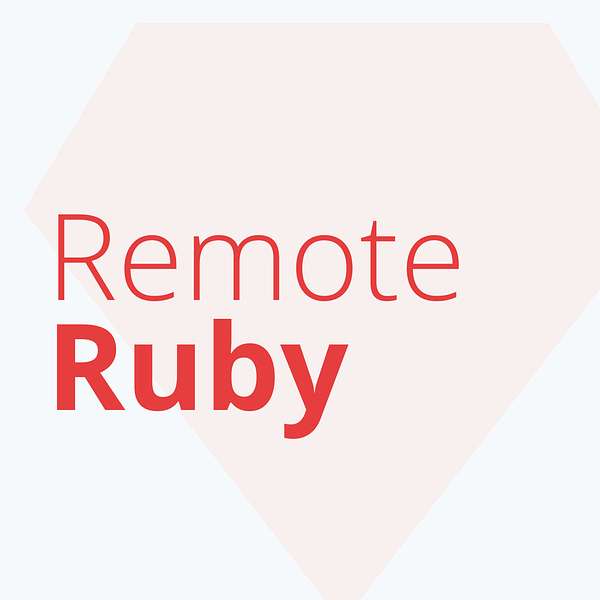In this episode, Jason, Chris, and Andrew reflect of their experiences of developing software, focusing on aspects such as the Fast and Furious franchise, writing in Ruby, React development, and grappling with OAuth 2.0 issues.
They dive into testing, specifically the challenges of maintaining a meaningful test suite and the revelations from addressing test suite problems.
A discussion on containerization touches on Docker and CI setup frustrations, while also exploring web accessibility standards and the potential of Web Components, specifically through the new Web Awesome project.
The conversation takes us through various technical and personal insights, highlighting the continual learning and adaptation inherent in software development. Press download to hear much more!
Panelists:
Jason Charnes
Chris Oliver
Andrew Mason
Links:
Andrew talks about his transition from writing React back to Ruby and his interactions with a coworker who helped him improve his JavaScript and React skills.
We hear about Andrew’s frustrations with understanding OAuth and using OmniAuth gems without tests, humorously suggesting an alternative authentication method involving driver’s licenses.
Jason discusses his experiences and concerns with handling personal data and API keys, emphasizing the need for secure and manageable systems.
The guys extensively discuss the challenges and strategies related to testing software, including continuous integration (CI), the impact of test suites on development, and different approaches to running tests.
Chris expresses his frustration with Docker, particularly with debugging issues related to user permissions and Dockerfile configurations.
Chris mentions recent fixes to Ruby and compatibility issues with Docker on Intel Macs, particularly problems with Node and Tailwind causing segmentations faults.
Jason discusses his preference for running tests locally due to the simplicity and speed, despite the growing size of his codebase.
Chris explains his work on automating Ruby gem publishing with GitHub actions using OAuth for secure, immediate updates.
Chris touches on the benefits of reproducible builds, which help ensure that software remains consistent and secure across different environments.
Andrew shares his thoughts about OrbStack and having issues with Docker working locally, and mentions containerization is a great pattern and he loves it.
Jason shares something he wants to do for pagination. Chris proposes “reverse attacking” as a novel method to deal with cyber-attacks.
Jason discusses using Ahoy to track visits and events in his Rails apps and explores adding geocoding to those requests.
Jason elaborates on the complexities of handling different types of domain configurations directing to his service. He’s aiming to consolidate these to simplify management and improve security.
Chris and Jason discuss updates in Ruby on Rails, focusing on new features, upcoming releases, and the integration of modern web technologies like Hotwire and Tailwind.
Chris discusses the challenges of working with Hotwire, noting that it lacks a regular update cadence compared to Rails.
Jason brings up a comparison of site accessibility, noting that React scored highly due to its robust component system, whereas Rails scored lower.
Chris expresses enthusiasm for the integration of web components into Rails applications, hoping they will bridge accessibility gaps without needing to rely solely on React.



